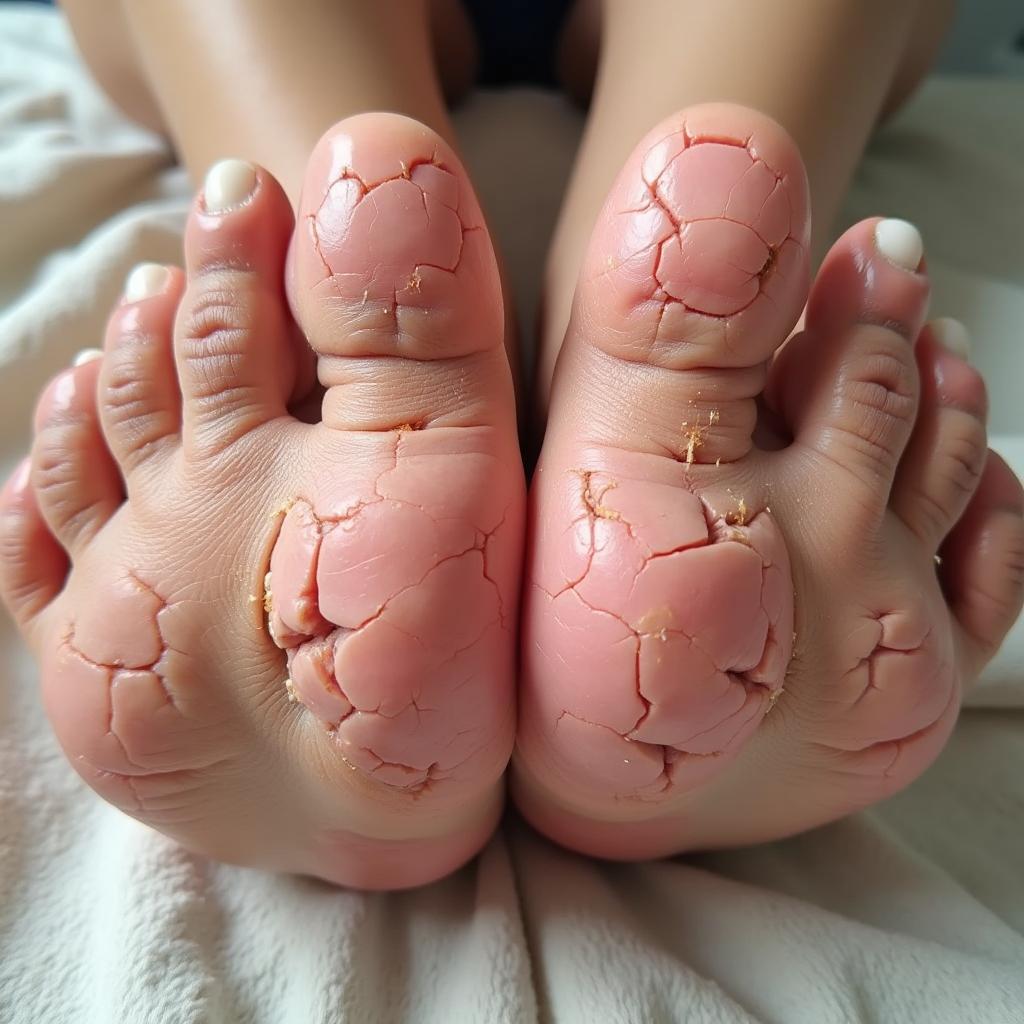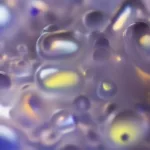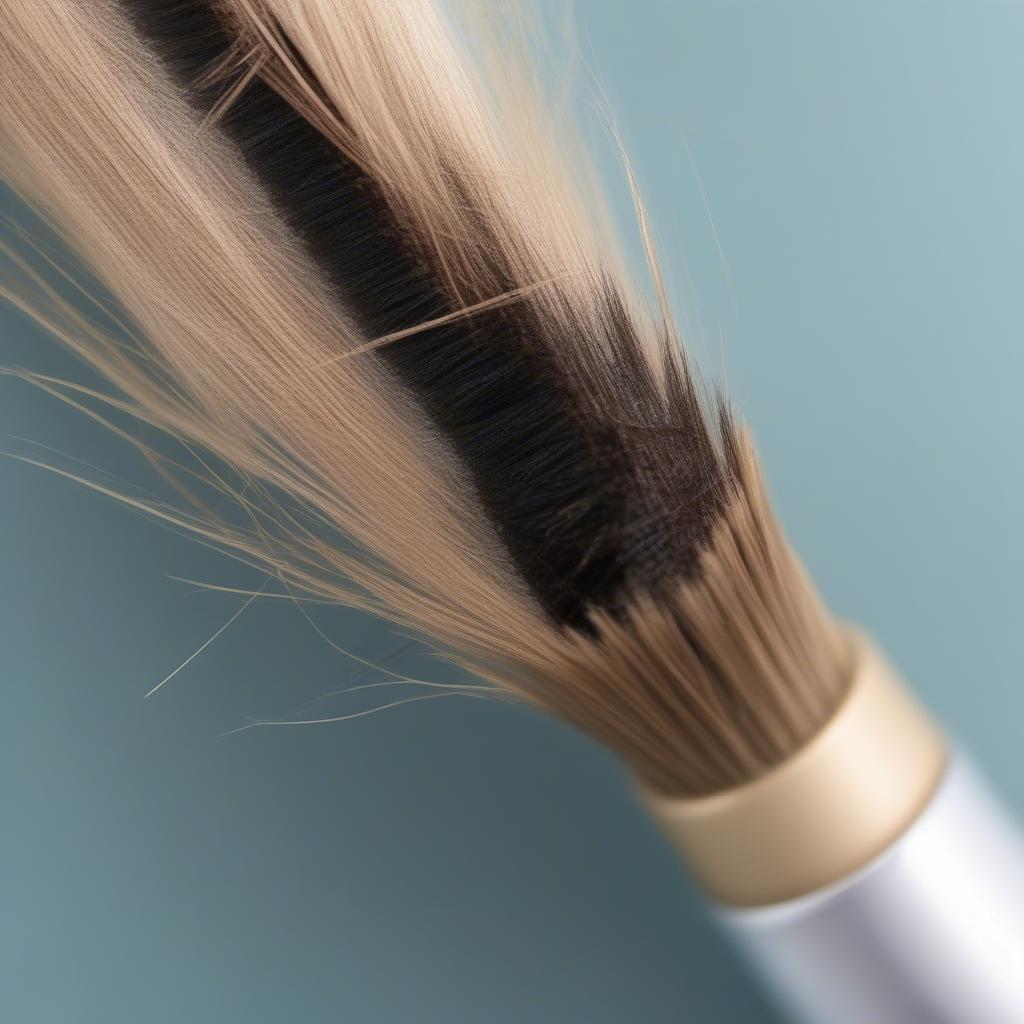
Does Brushing Your Hair Make It Greasy?
- AmazoniaSilva
- Tháng 12 12, 2024
- Zodiac signs
- 0 Comments
Does Brushing Your Hair Make It Greasy? It’s a common question, and the answer isn’t a simple yes or no. While brushing itself doesn’t create oil, it can definitely distribute it, sometimes leading to that unwanted greasy look. Let’s delve into the science behind this and discover how to keep your locks looking their best.
Understanding Your Hair’s Natural Oils
Your scalp produces sebum, a natural oil that helps keep your hair moisturized and protected. This sebum is essential for healthy hair, but too much can make your hair appear greasy, especially if it’s distributed from the roots to the ends through brushing.
The Role of Sebum Production
Sebum production varies from person to person. Some individuals naturally produce more sebum, leading to greasier hair. Factors like hormones, diet, and genetics can all influence how much sebum your scalp produces. If you have naturally oily hair, brushing can exacerbate the issue by spreading the oil.
 Brushing Oily Hair
Brushing Oily Hair
How Brushing Affects Oil Distribution
Brushing your hair helps detangle and style it, but it also acts as a vehicle for distributing sebum. When you brush from your scalp to the ends, you’re essentially carrying the oil along the hair shaft. This can be beneficial for dry ends, providing them with some much-needed moisture. However, if your hair is already prone to oiliness, this can result in a greasy appearance.
The Right Way to Brush
Even if your hair is oily, brushing is still important for overall hair health. The key is to brush strategically. Focus on brushing the ends to detangle, and avoid excessive brushing at the roots. Using a boar bristle brush can also help distribute the oil more evenly and prevent buildup at the scalp.
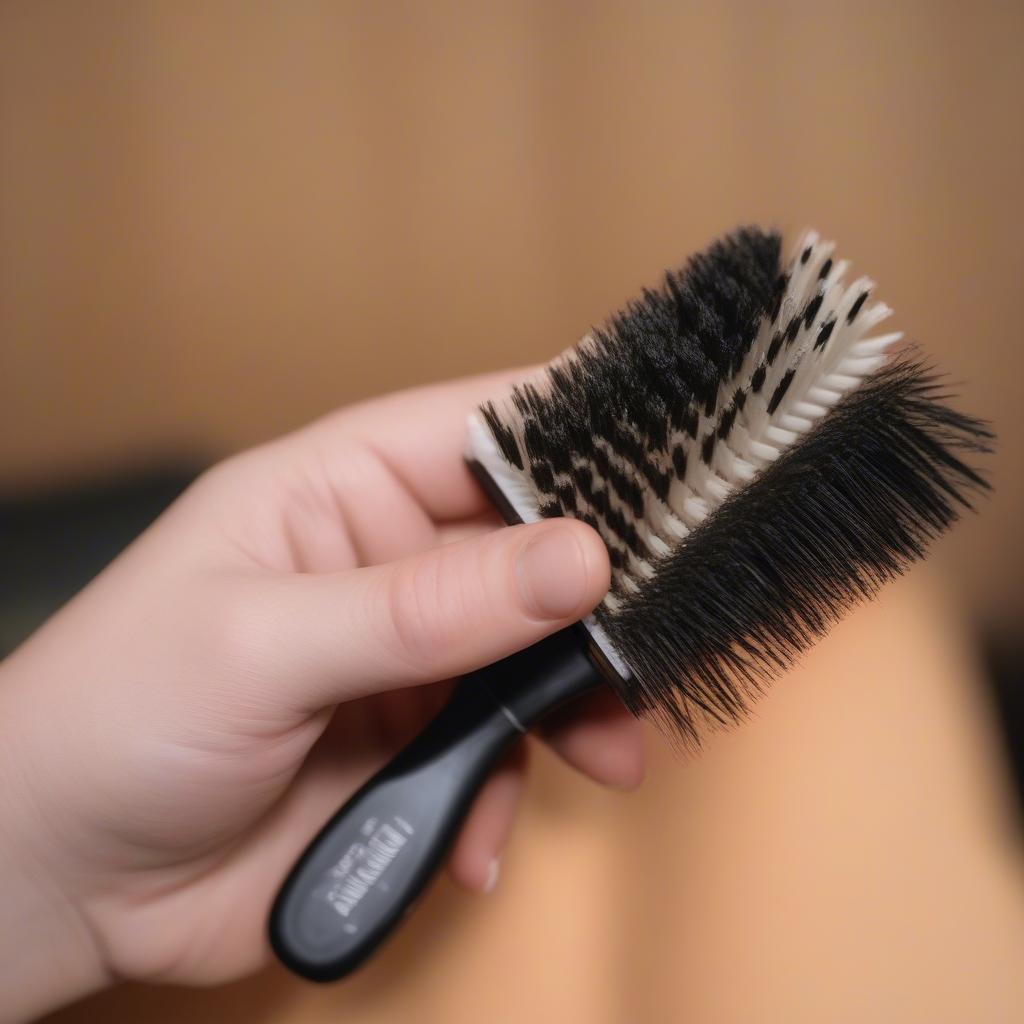 Using a Boar Bristle Brush
Using a Boar Bristle Brush
Other Factors Contributing to Greasy Hair
While brushing plays a role, other factors can also contribute to greasy hair. Over-washing can strip your scalp of its natural oils, prompting it to produce even more sebum. Using heavy conditioners or styling products can also weigh your hair down and make it appear greasy. Even your diet and lifestyle can impact your hair’s oiliness.
Finding the Right Balance
The key to managing greasy hair is finding the right balance between brushing, washing, and product use. Experiment with different shampoos and conditioners to find what works best for your hair type. Consider incorporating a clarifying shampoo once a week to remove product buildup. And, of course, pay attention to how you brush your hair, focusing on the ends and avoiding over-brushing at the roots.
“Finding the right hair care routine is like finding the perfect pair of shoes – it takes some trial and error, but once you find it, you’ll never look back,” says renowned hairstylist, Emily Carter.
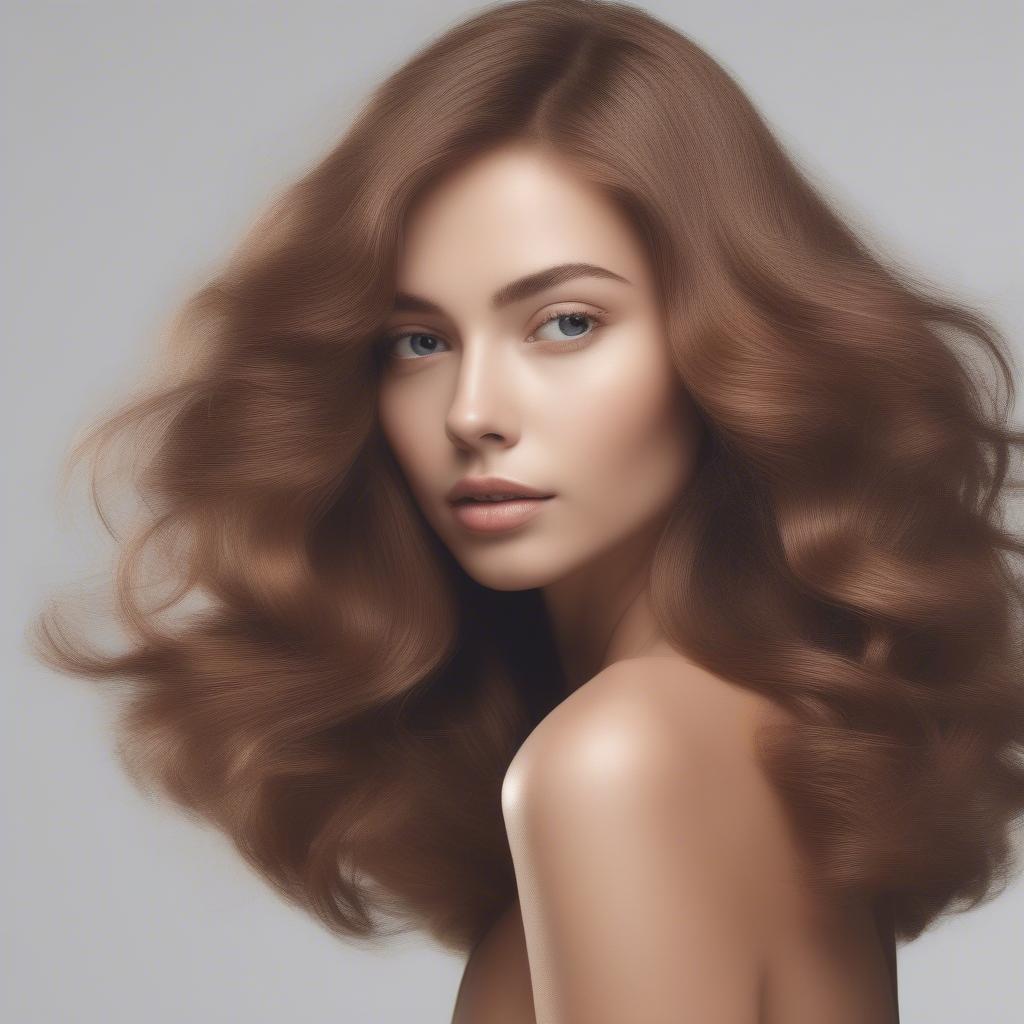 Healthy and Shiny Hair
Healthy and Shiny Hair
Conclusion
So, does brushing your hair make it greasy? It can contribute to the appearance of greasy hair, especially if you’re over-brushing or have naturally oily hair. However, brushing is still an essential part of hair care. By understanding how brushing affects oil distribution and adopting the right brushing techniques, you can keep your hair healthy, shiny, and free from excess grease.
FAQ
- How often should I brush my hair if it’s oily?
- What type of brush is best for oily hair?
- Can diet affect how oily my hair is?
- Should I use conditioner if I have oily hair?
- What are some natural remedies for greasy hair?
- How can I tell if I’m over-washing my hair?
- Are there any specific hairstyles that can help hide greasy hair?
For further support, please contact us at Email: [email protected], Address: Fifth Avenue, 34th Floor, New York, NY 10118, USA. We have a 24/7 customer support team.
